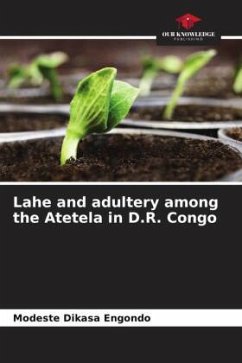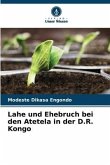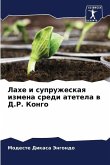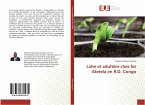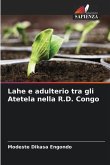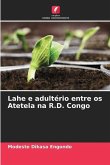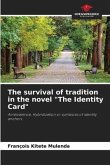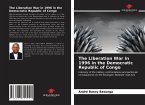This book tells the story of how the Atetela behaved according to the will of their ancestors, and consequently respected established social norms. The law prohibiting adultery, for example, could not be broken under any circumstances. The penalty for deviation was death or some similar punishment. But with the arrival of the Europeans, Christianity supplanted these social practices and traditional beliefs of the Atetela, which were no longer of value. Confession ensured the remission of sins, and the sinner obtained salvation through God's forgiveness. Evil was washed away. Faced with this undermining of the traditional Tetela beliefs that kept adultery under control, the author shows that the Atetela resorted to "lahe" to discourage adultery. An atheistic and retrograde practice in the eyes of the Catholic Christian Church, but one that is making a strong comeback, accompanied by every possible calamity likely to discourage or repress adultery.

